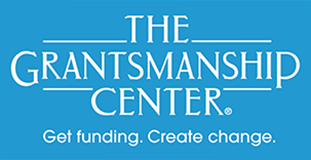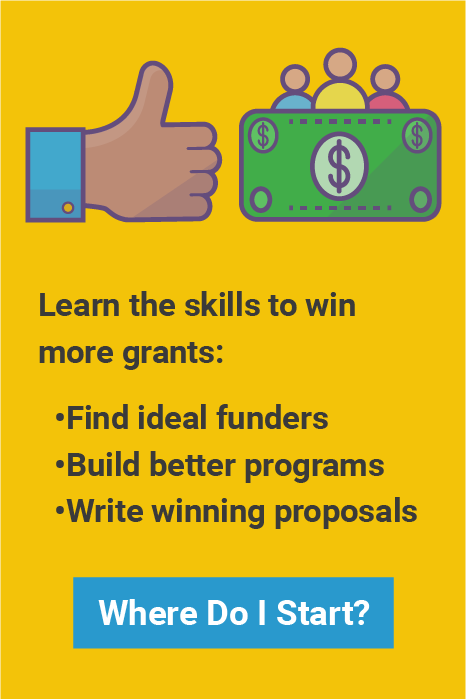
Before campaign advisors, spin doctors, influencers or ad men, there was the Greek philosopher, Aristotle. His treatise, The Rhetoric, laid out a durable blueprint for creating persuasive arguments and the elements he described are as useful today as they were in 4th century BC Greece. As proposal writers, we sometimes get lost in the weeds of data, logic models, detailed methods and other granular stuff. Preparing persuasive proposals can benefit from reviewing these classical principles.
The first of these is ethos. This means the credibility, character, stature and authority of the person (or organization) making the request. You may have the best idea in the world for solving a problem, and you may be deeply, passionately involved with the solution, but unless you establish your credentials for speaking out, potential audiences (e.g. funders) might not listen. Credibility on one issue does not necessarily transfer to another. A good first question is: "what qualifies us to be presenting this plan and this request?"
The second pillar of the ancient Greek formula is pathos. An audience (or a foundation’s reviewers) bring their emotions with them when they listen to your presentation. Unless an appeal (e.g. a proposal) touches something within the listener it won’t matter that you have the best idea in the world. As a reader, I need to be engaged with the idea, care about it, care about the people it impacts. This is why stories are often effective elements in proposals—they help the reader not just ”know” what the project is about, but “feel” what it’s about as well.
The third essential leg of the persuasion stool is logos. This is the heart of your argument, the part where you tell what’s to be done about it. You might be the world’s most credible figure on the subject, and you might stir the passions of the listeners, but if you have no idea to propose, no “facts and figures,” you will frequently fail to persuade. Everyone from the Gospel of John to Carl Jung has used the term. Aristotle himself thought of it as “reasoned discourse” with an emphasis on reasoned.
Contemporary proposals need details, and there are many different ways to address each of these elements. Nonprofits demonstrate their ethos by what they have done, the credentials of their people, their record of prudent management and stewardship of money. Even proposals dealing with tech or science can, at some point, make a connection to humans and our wishes and wants. And no proposal worth its salt can skip a clear and compelling presentation of the core idea.
It’s a good practice to use these three key principles as you organize your information and arguments next time you prepare to submit the winning proposal!
Thomas Boyd is Chief Editorial Consultant for The Grantsmanship Center
and an independent consultant to nonprofit organizations.



